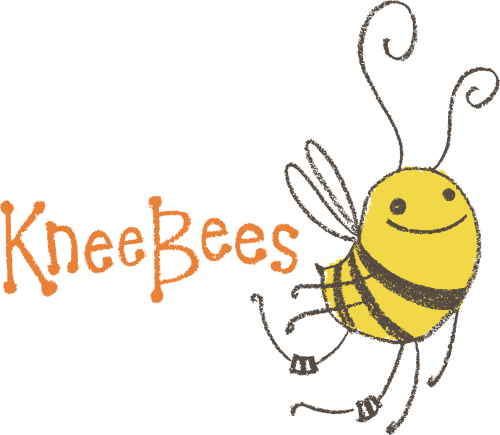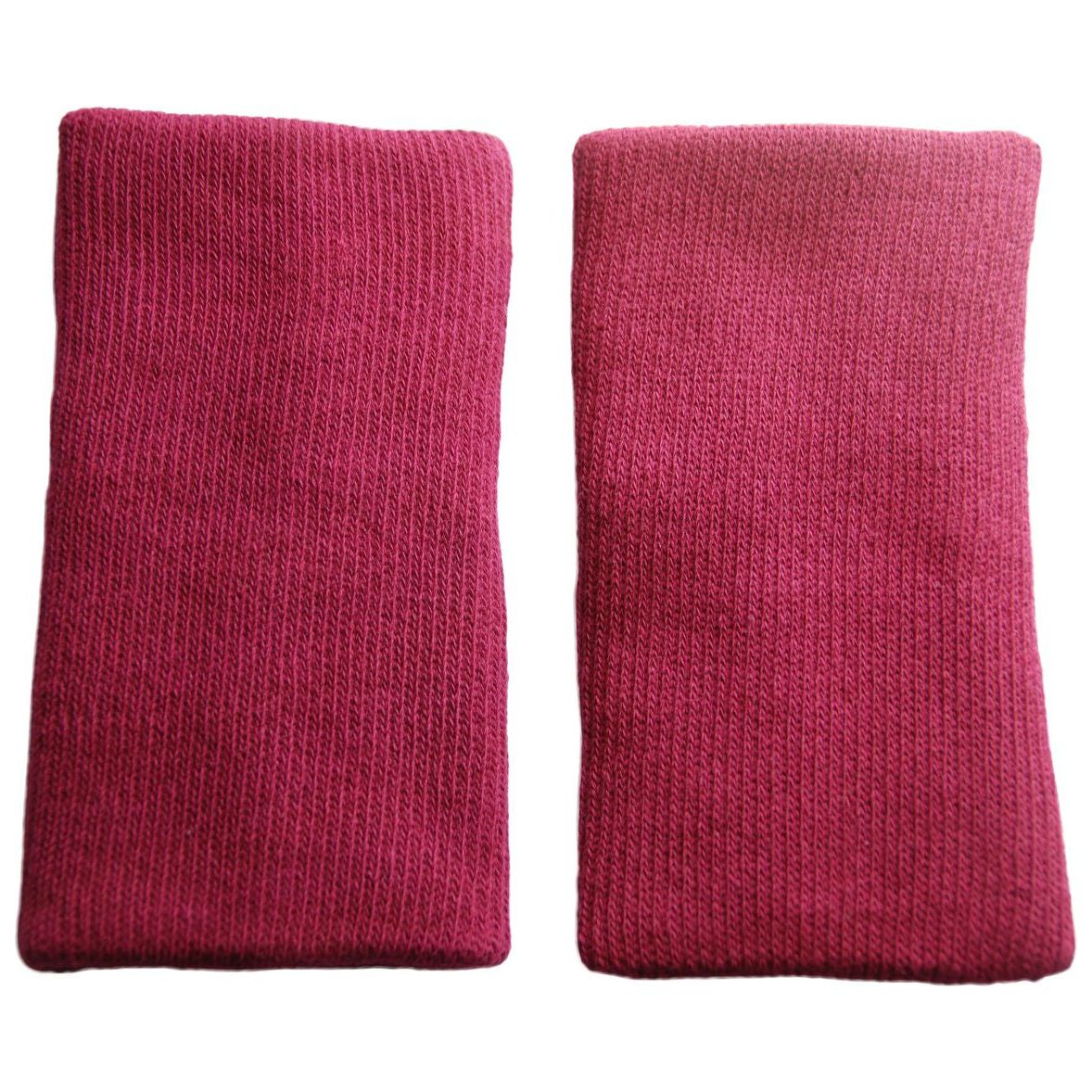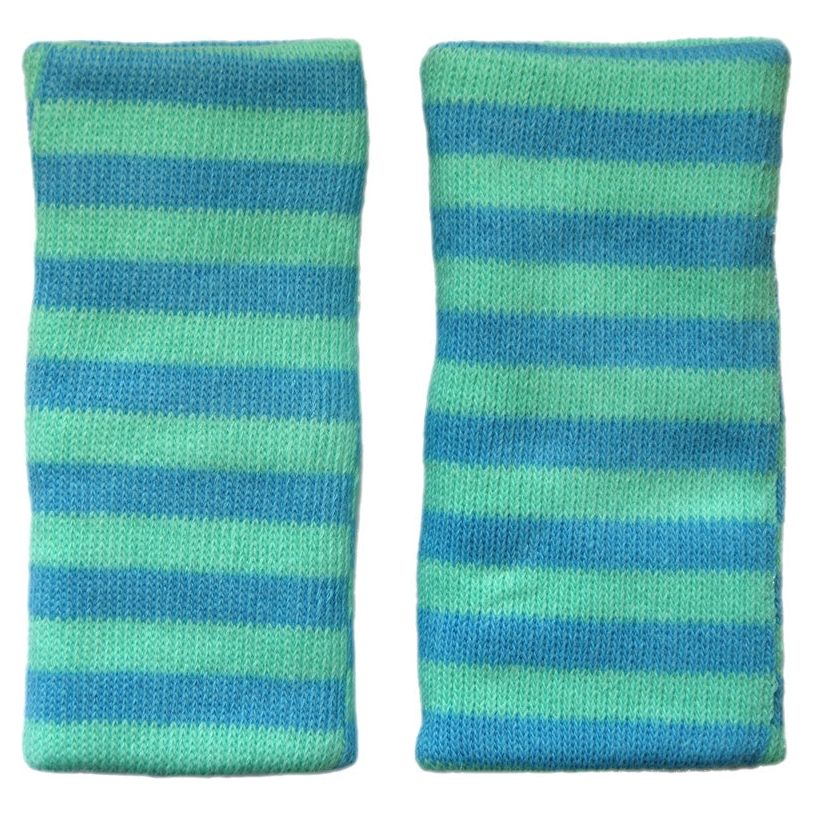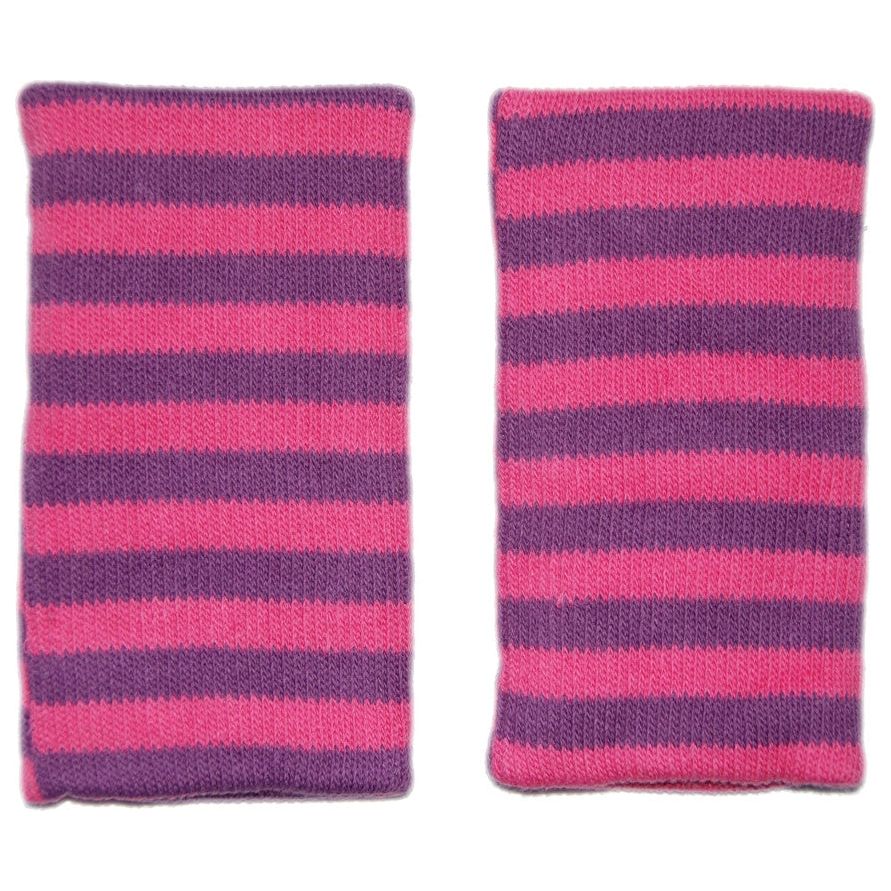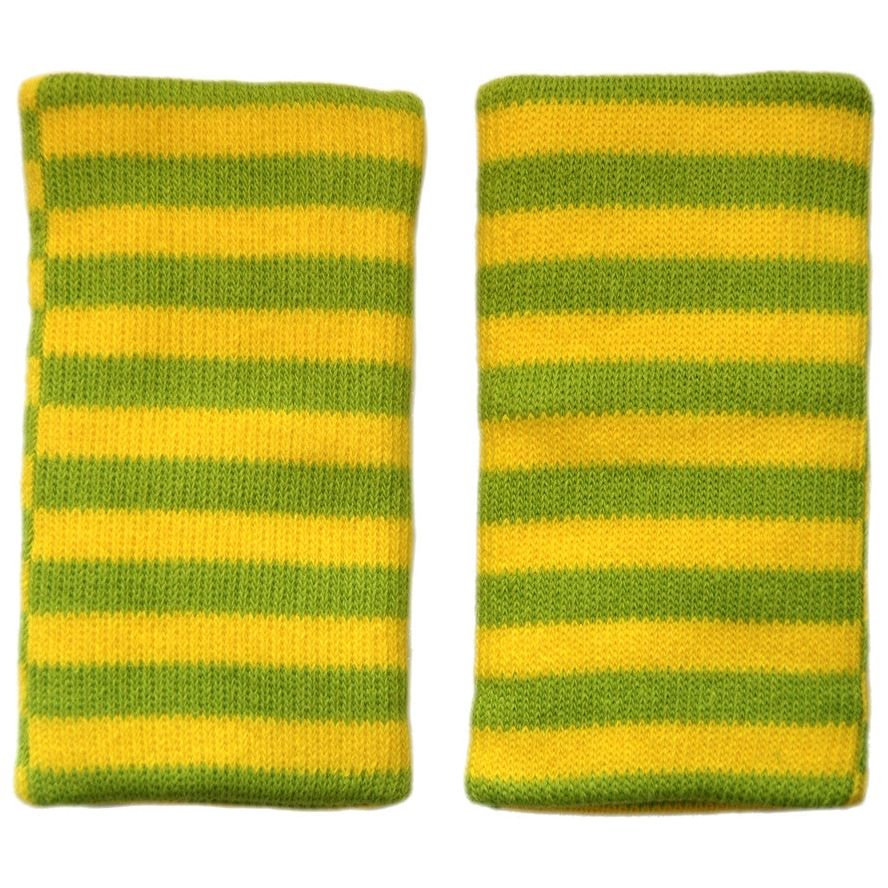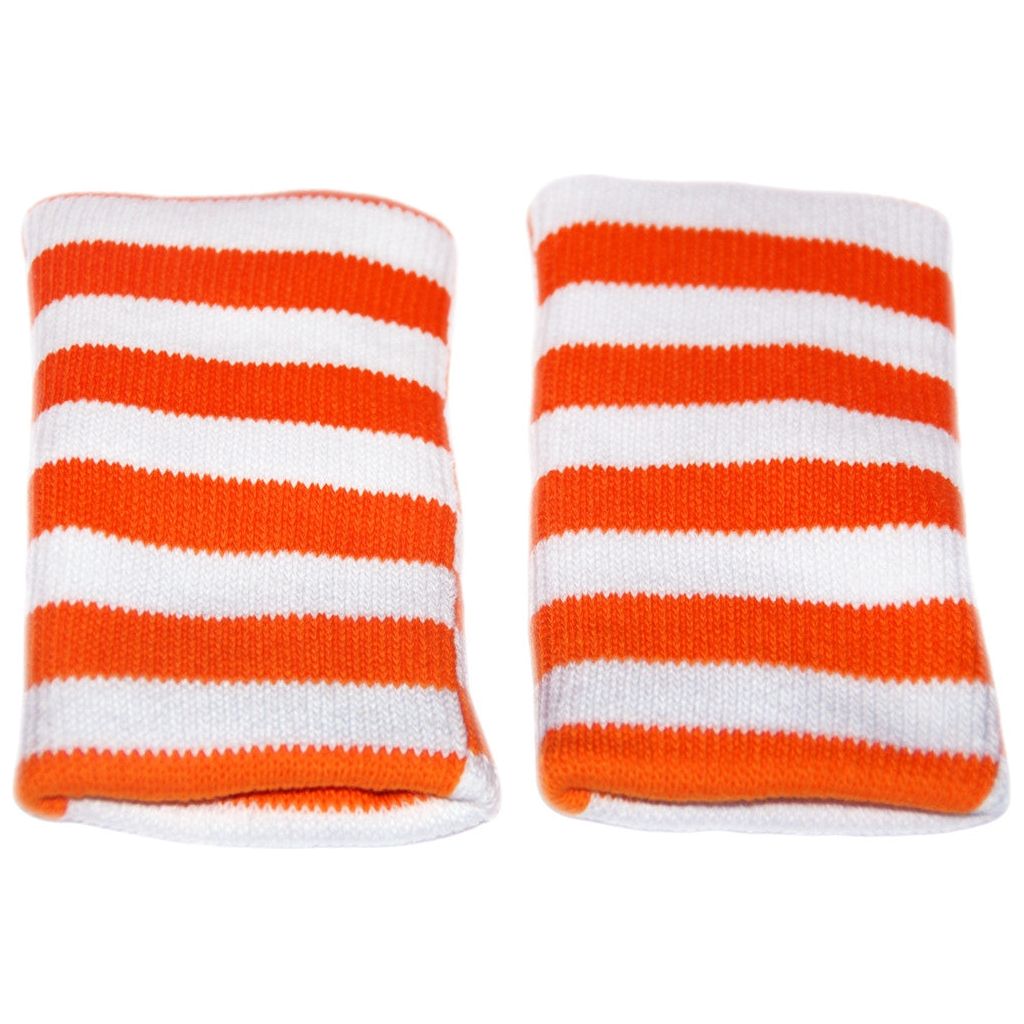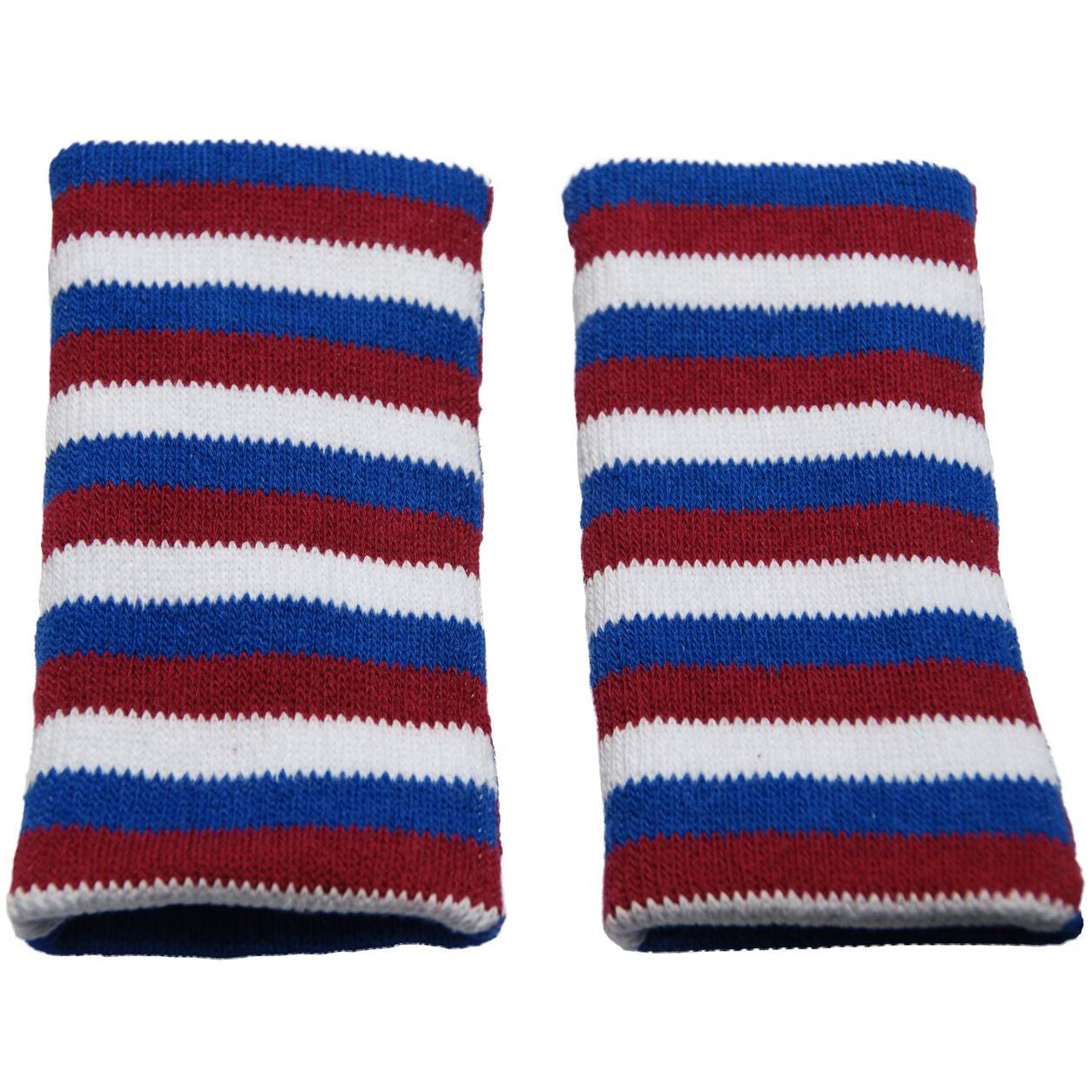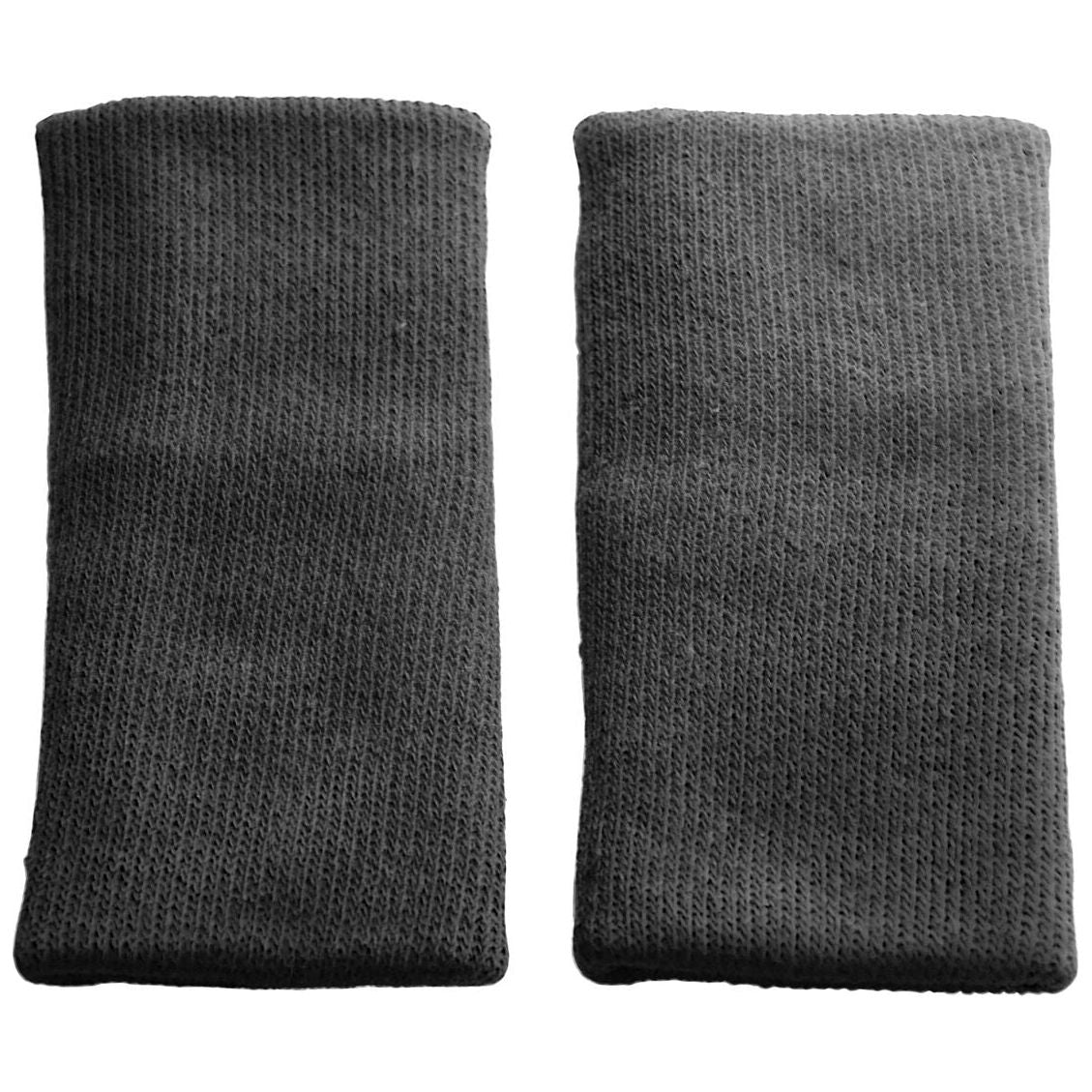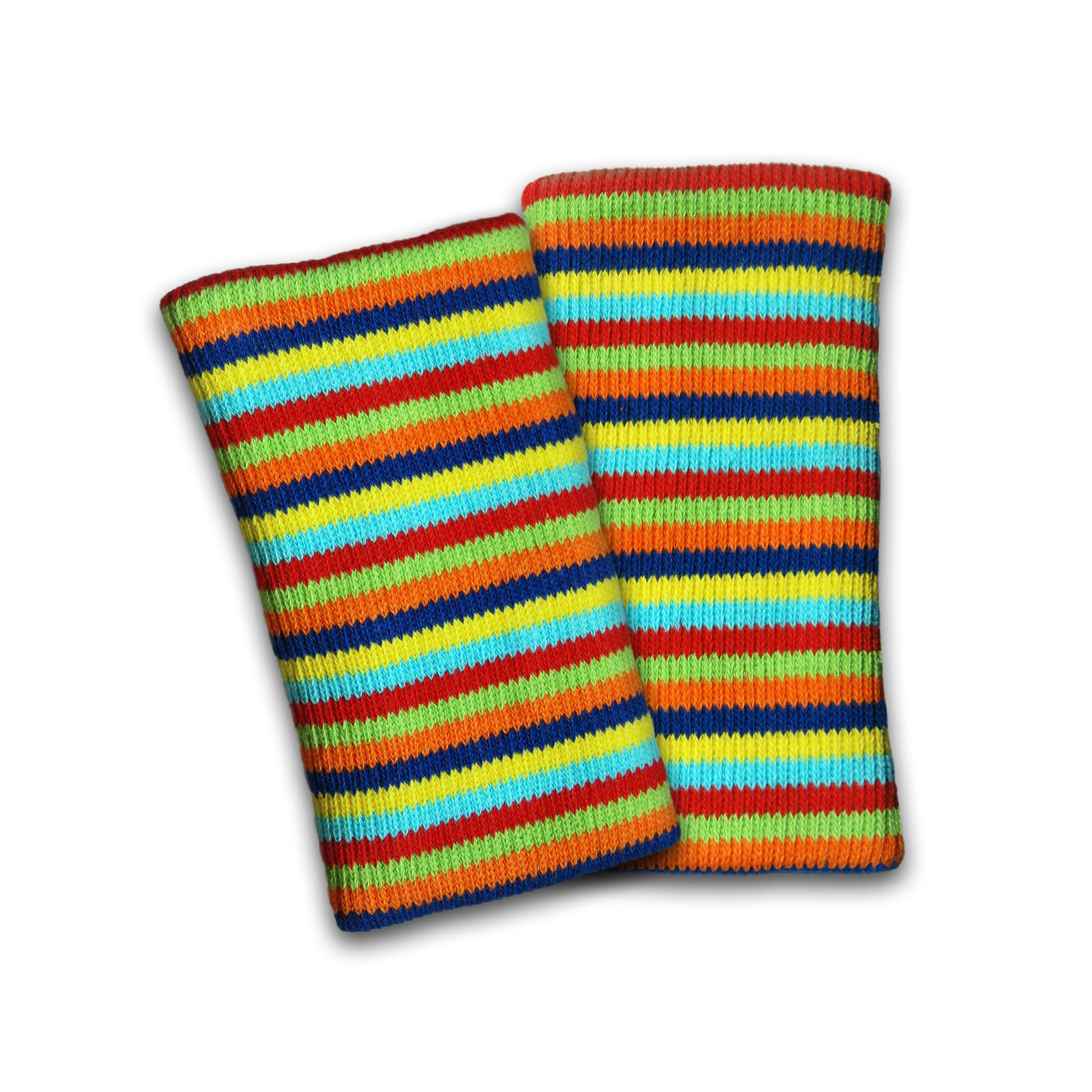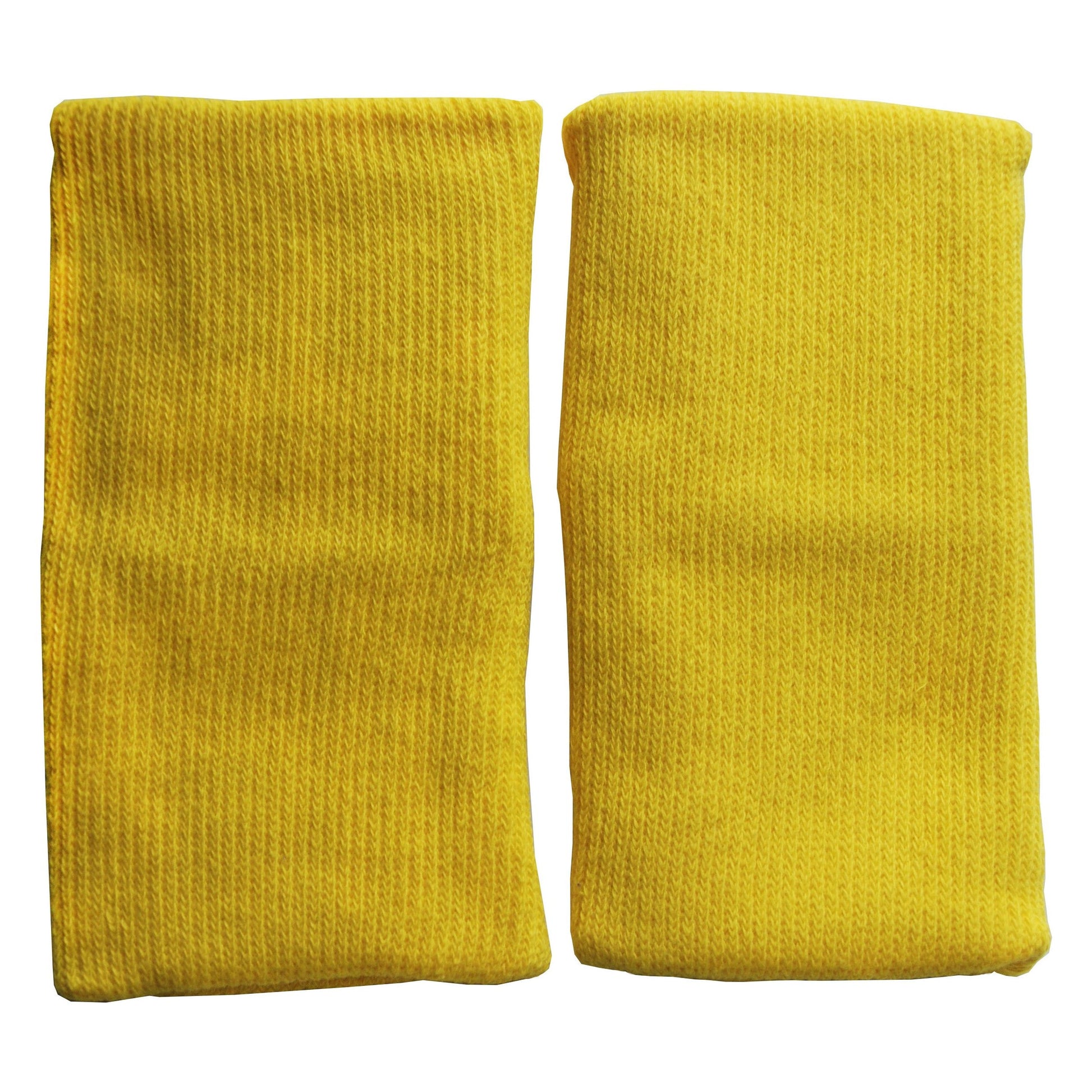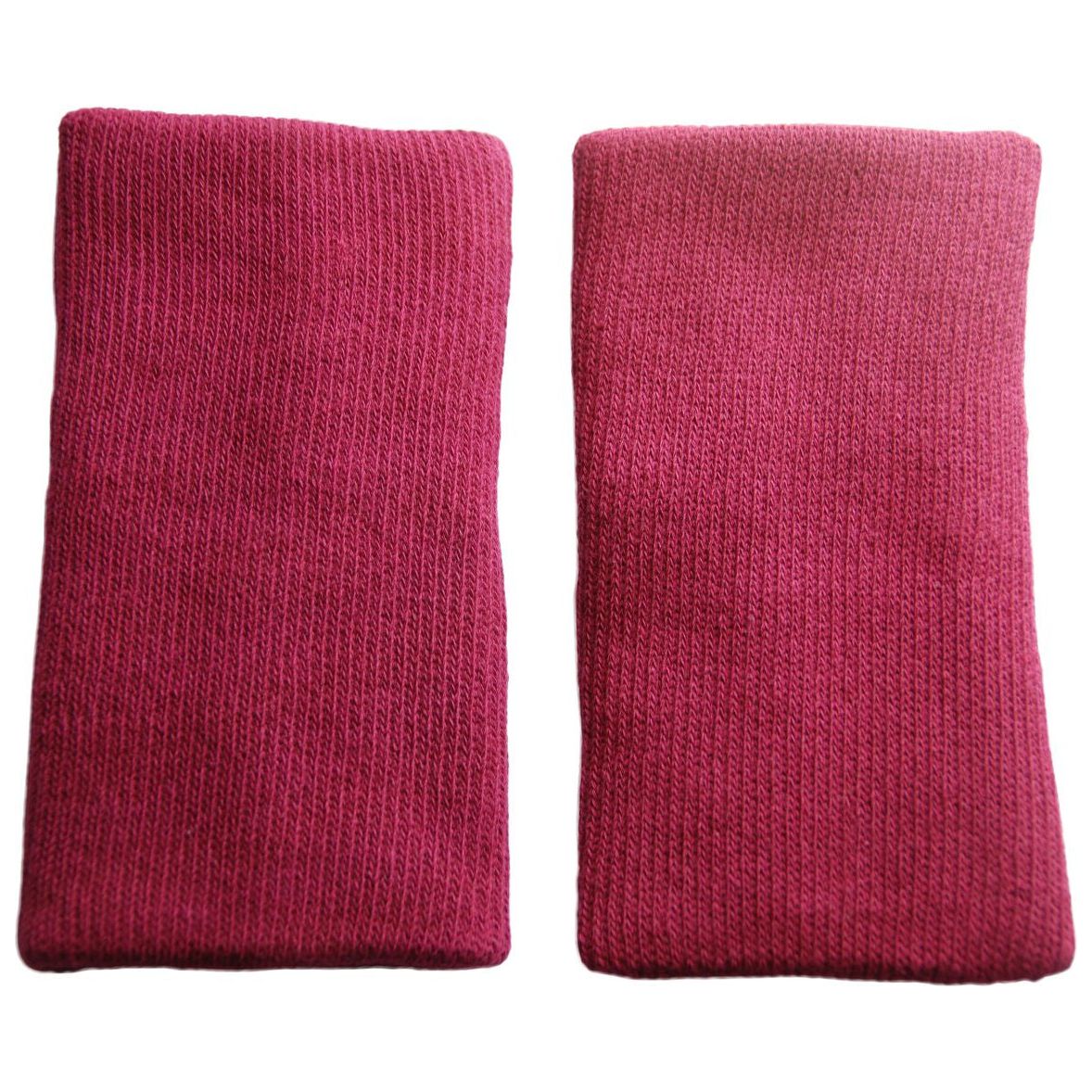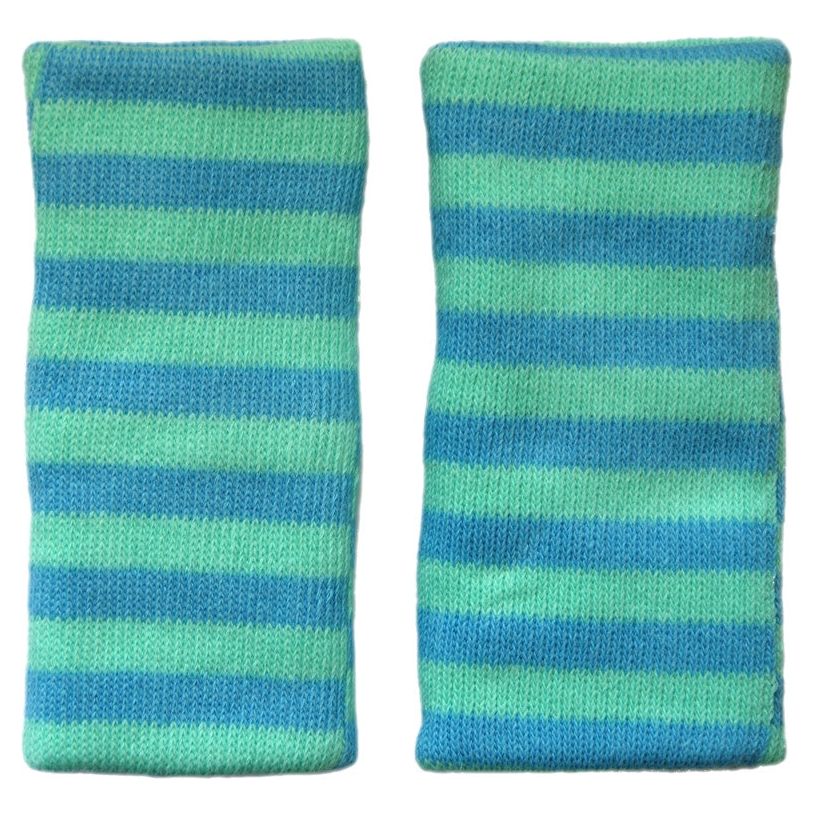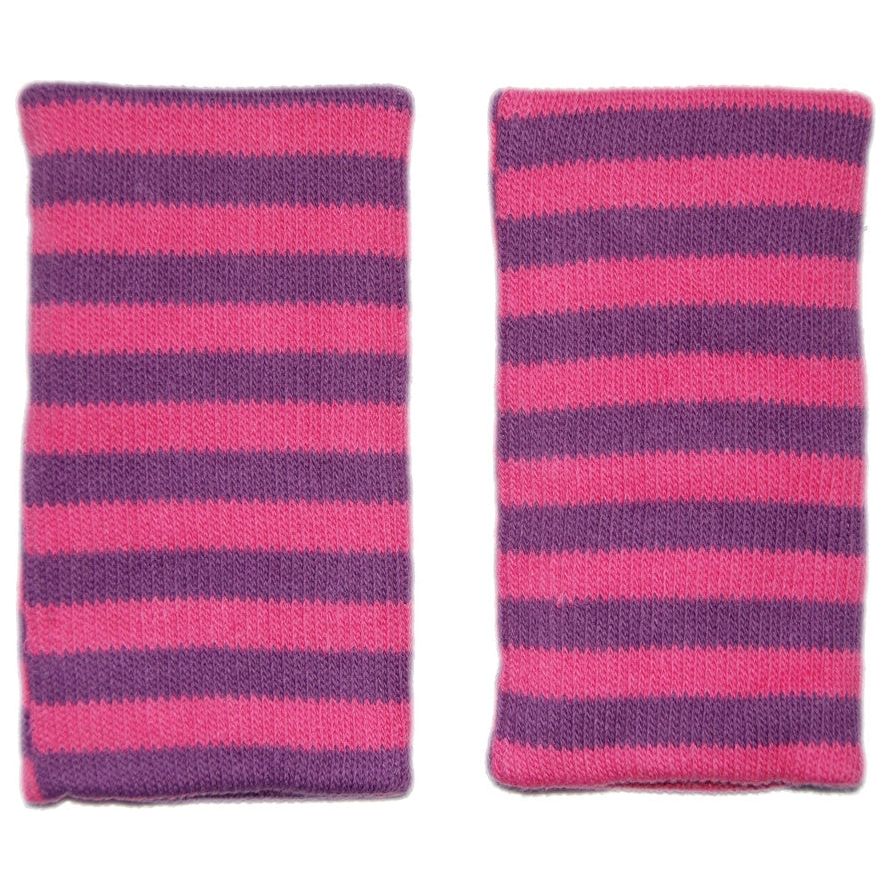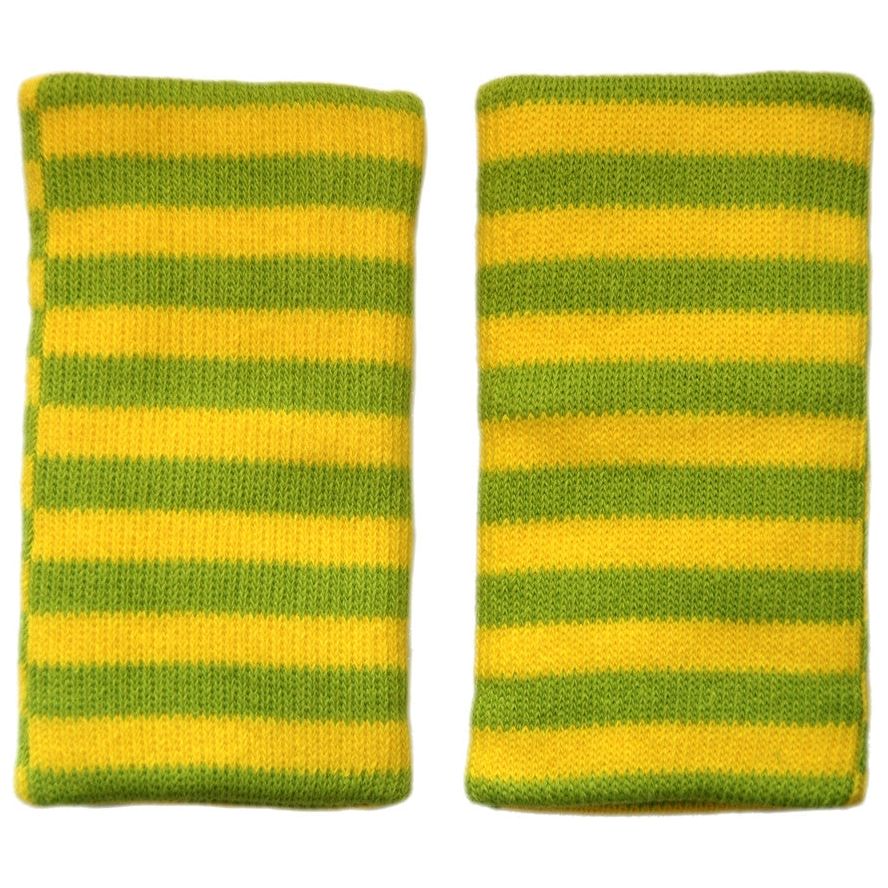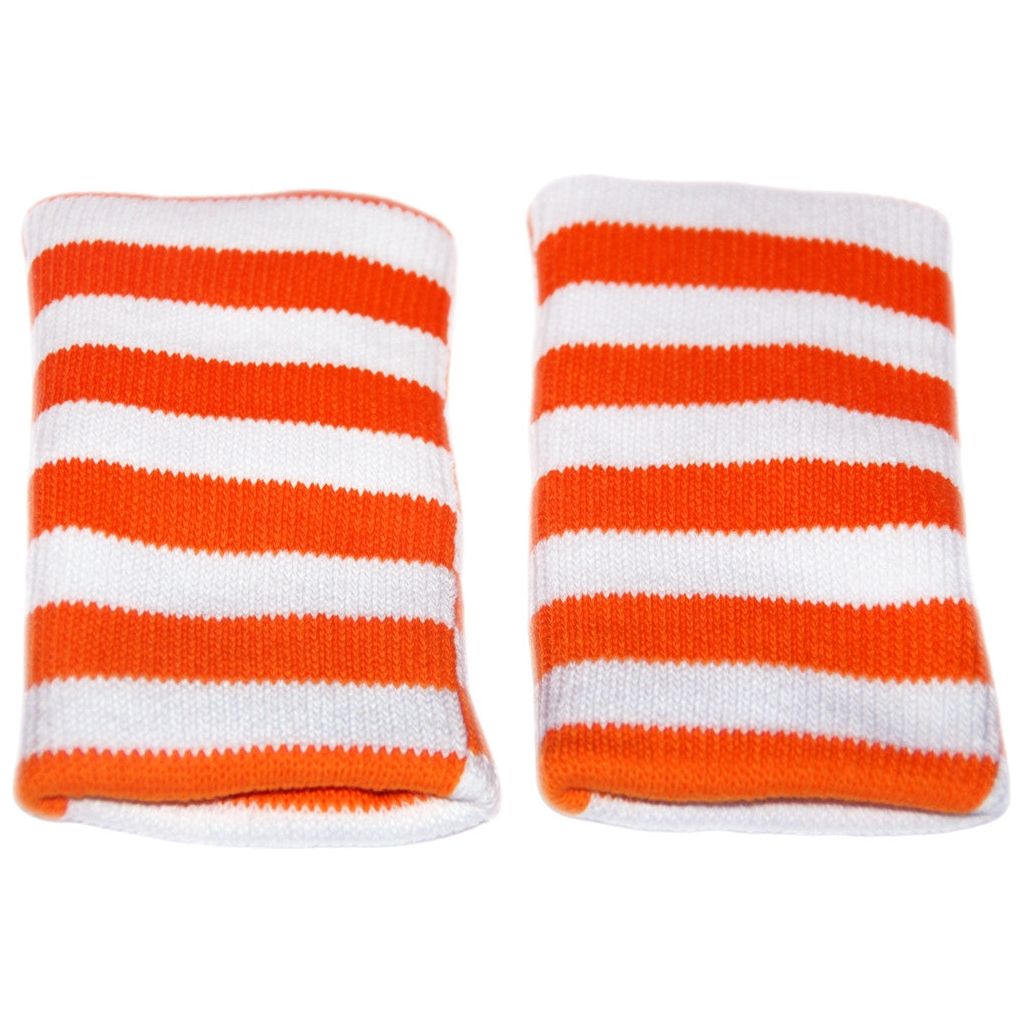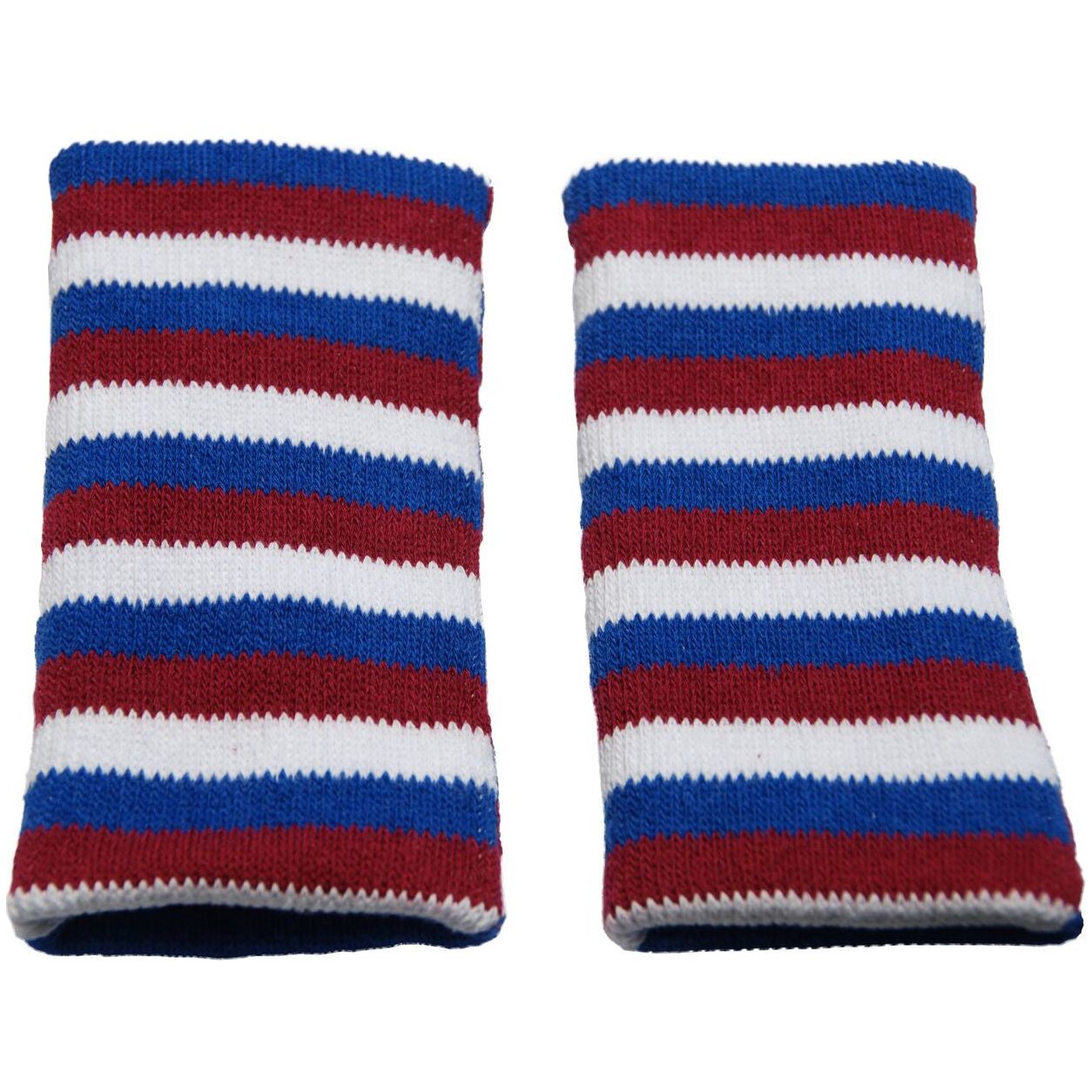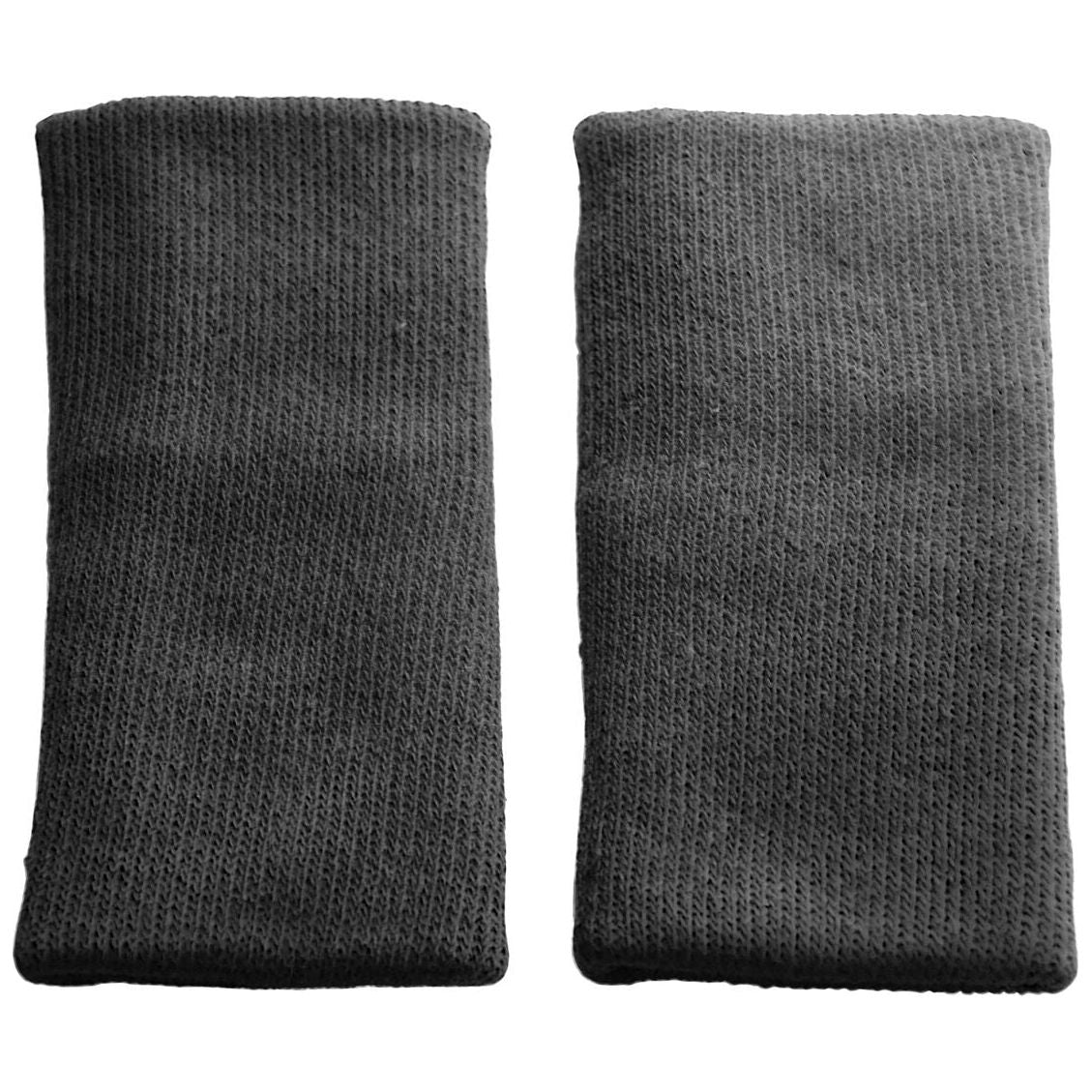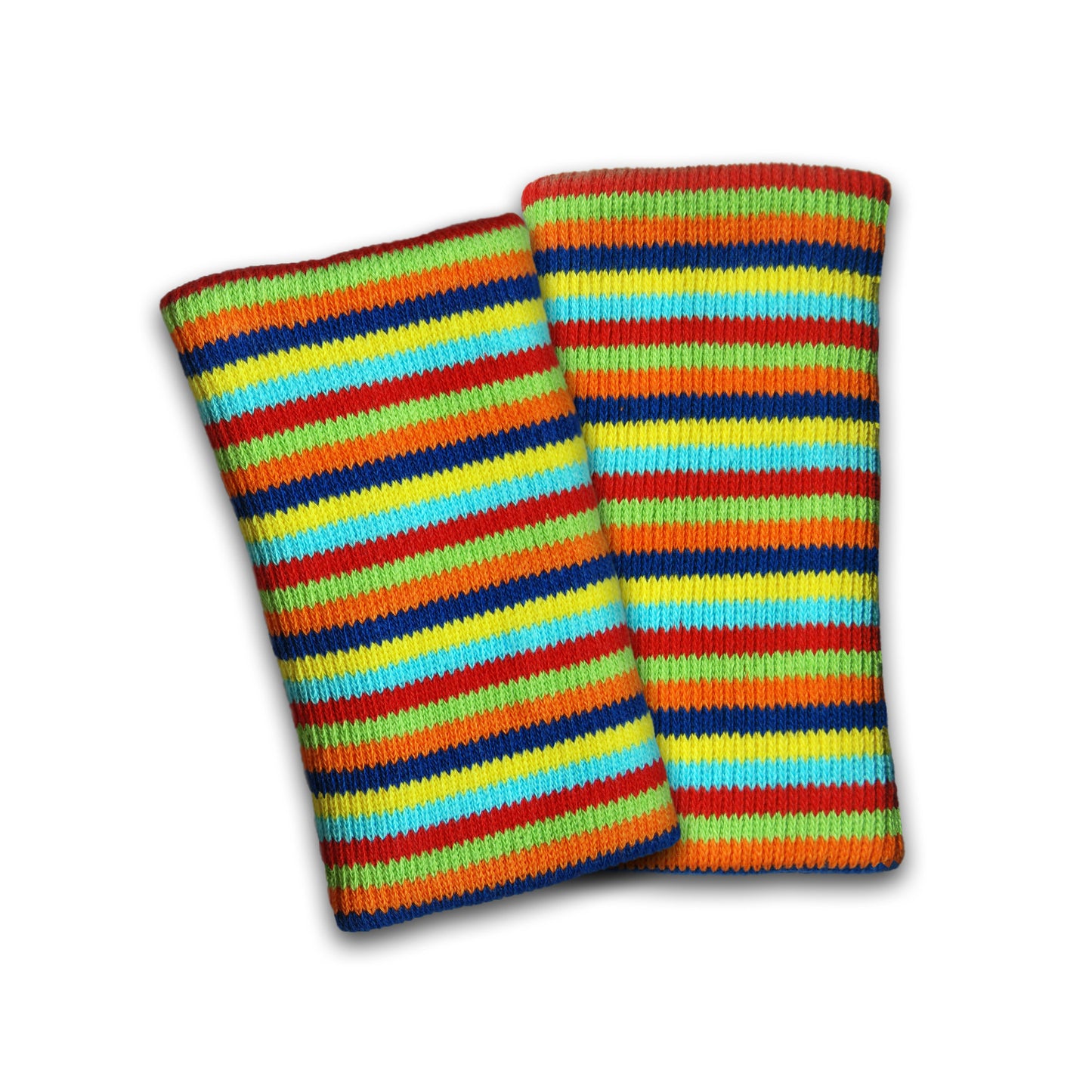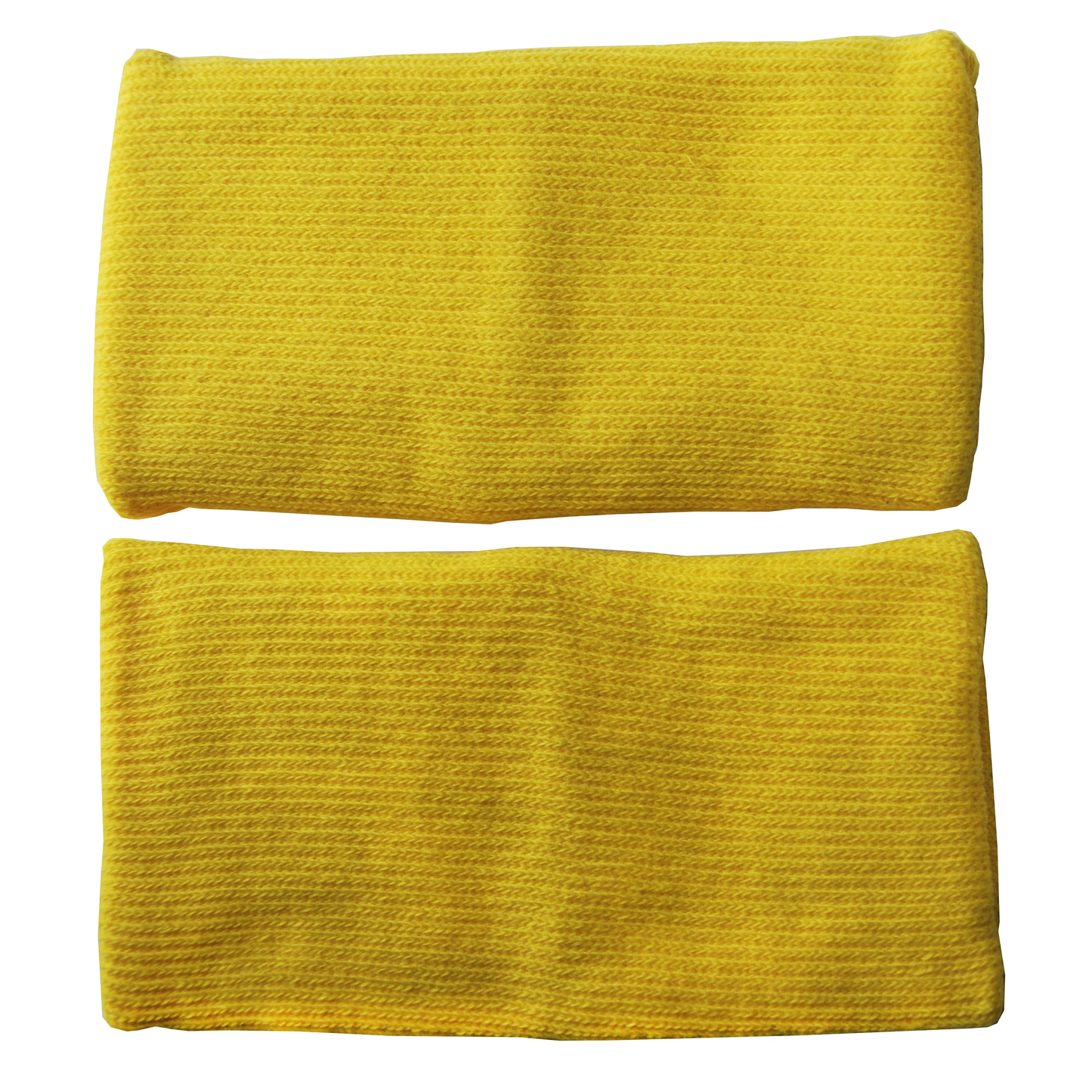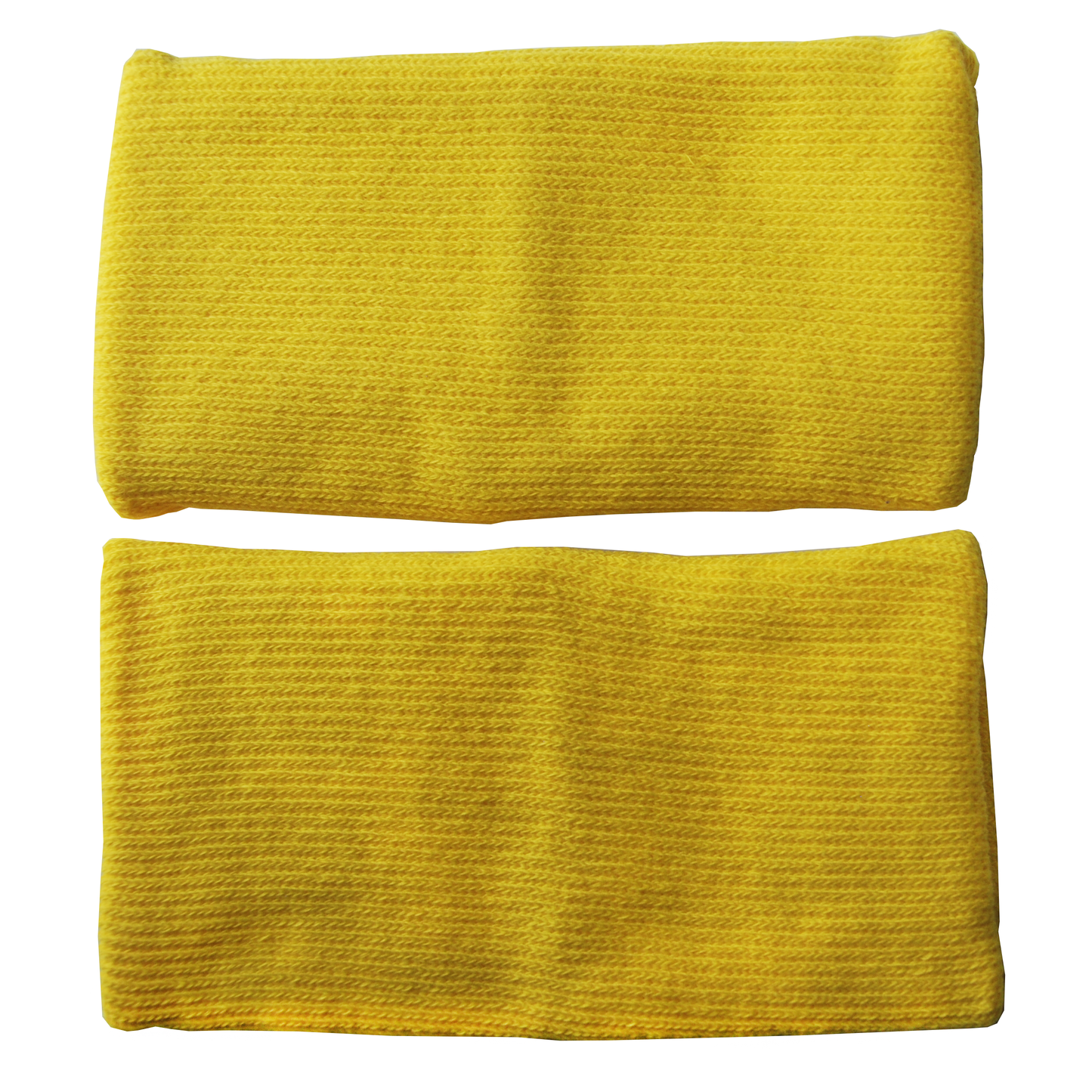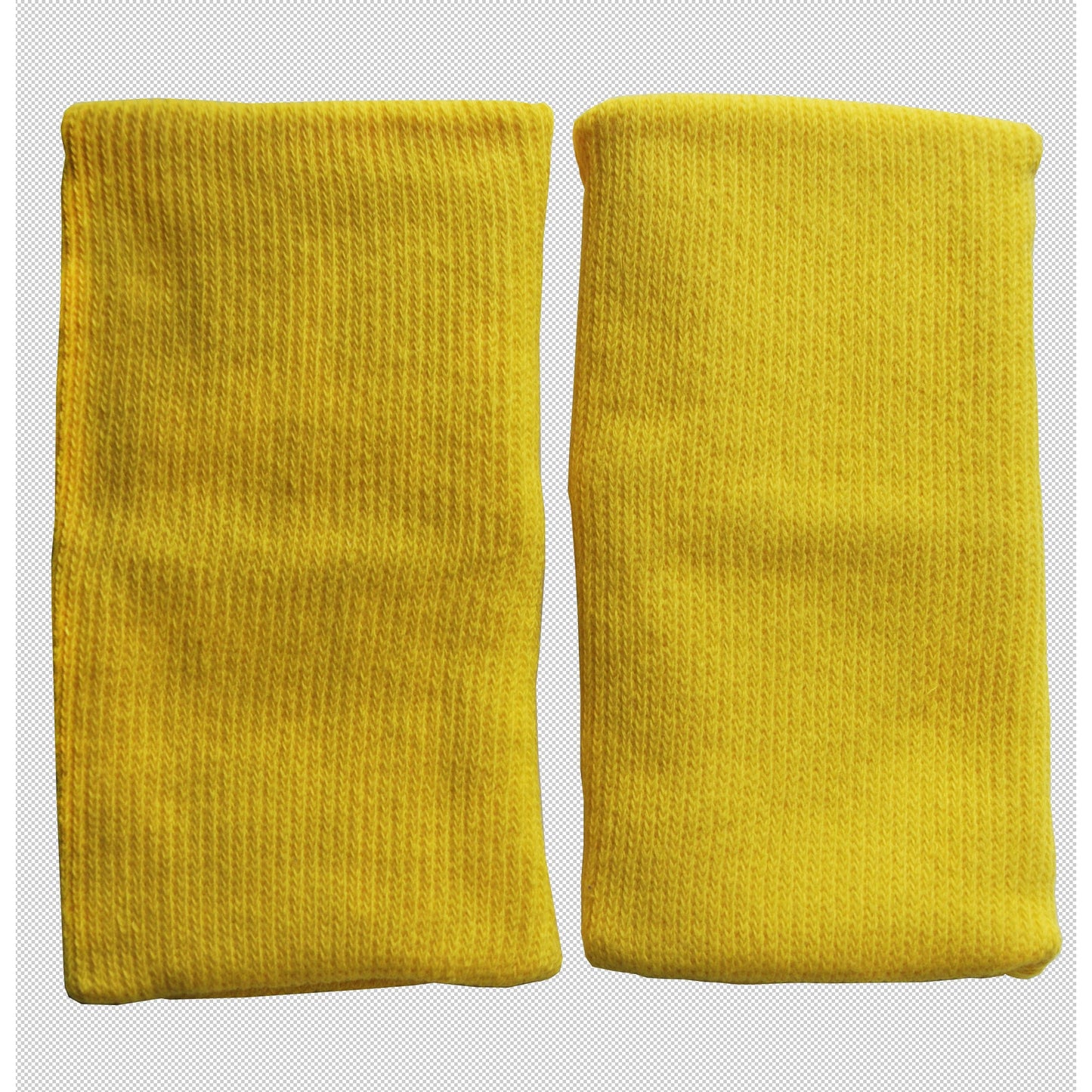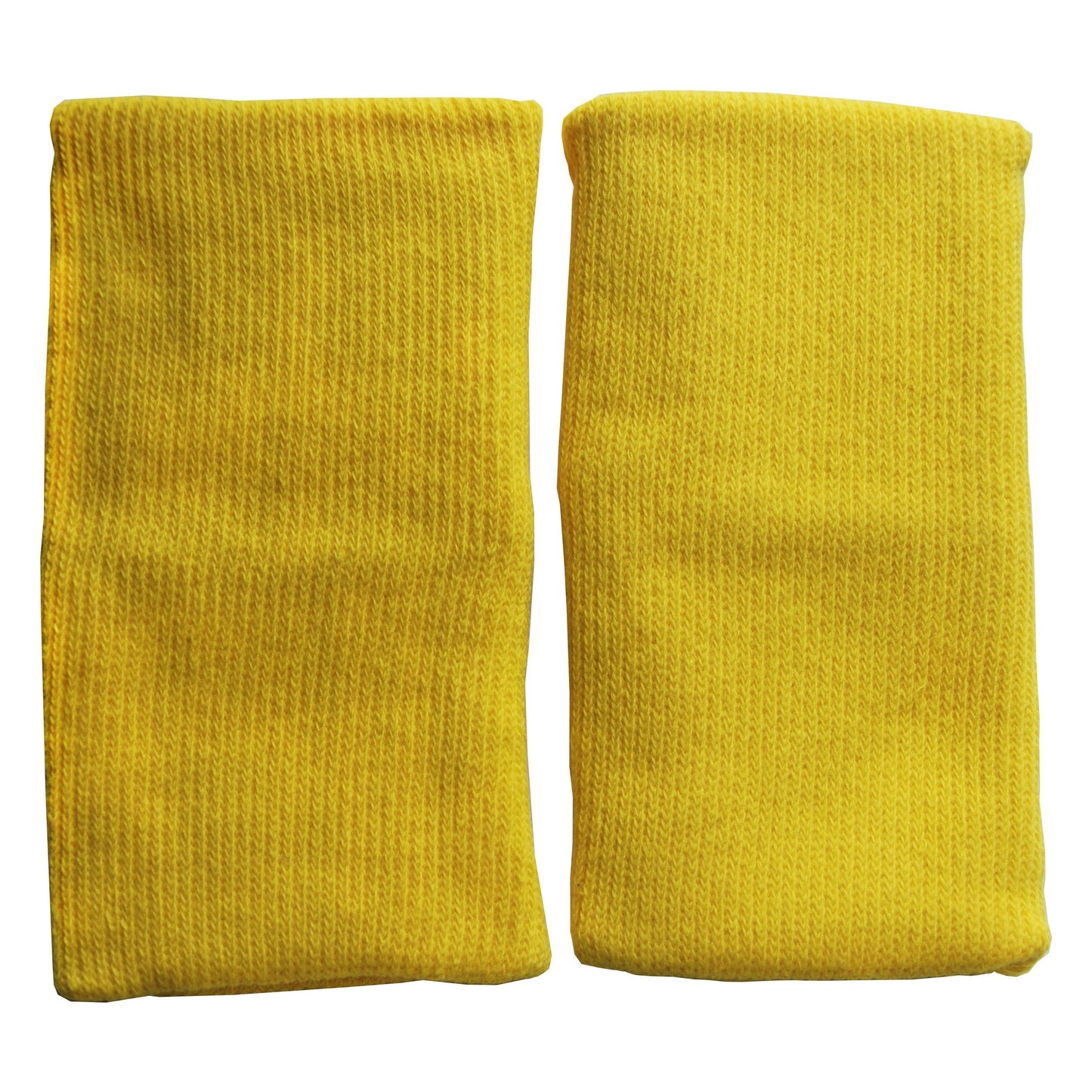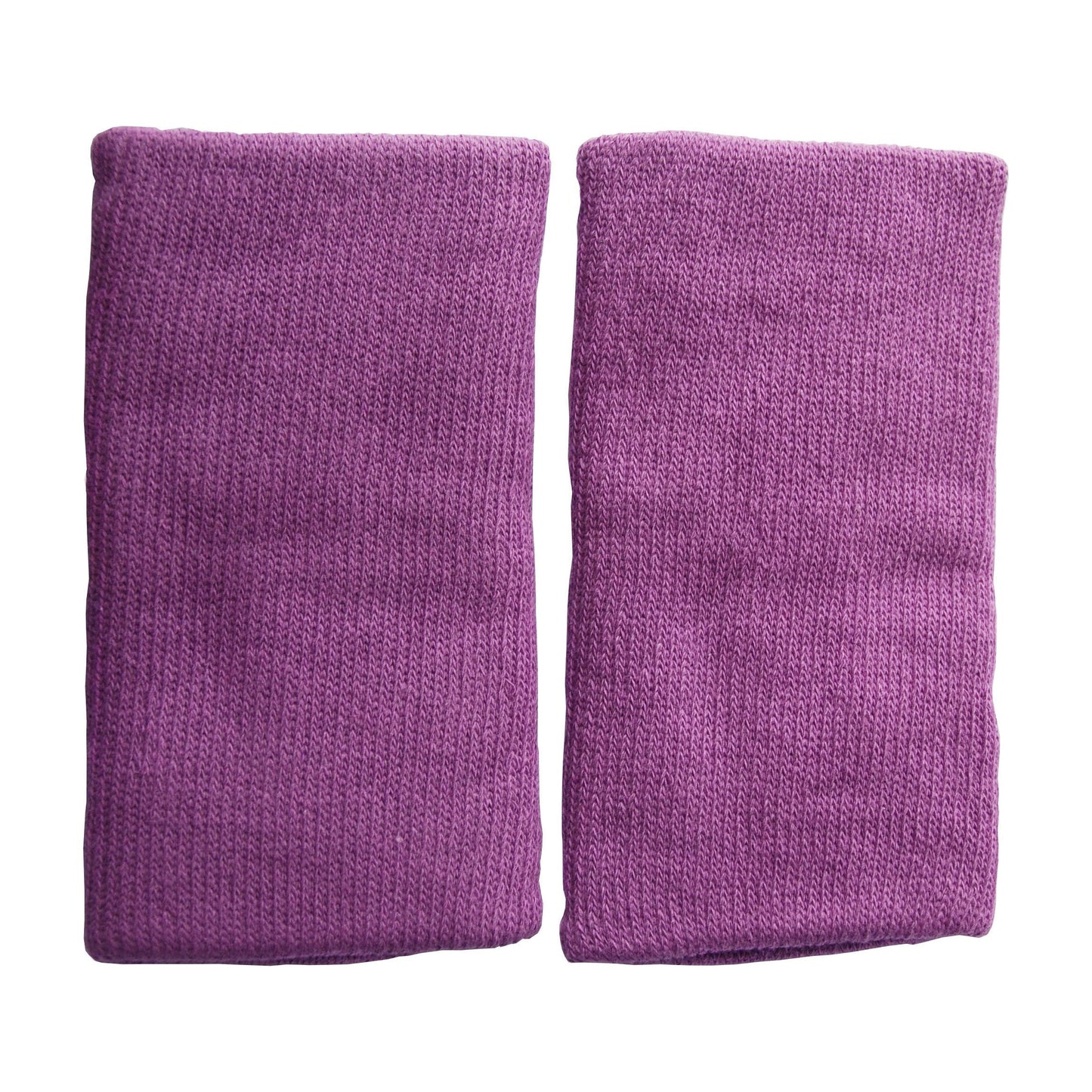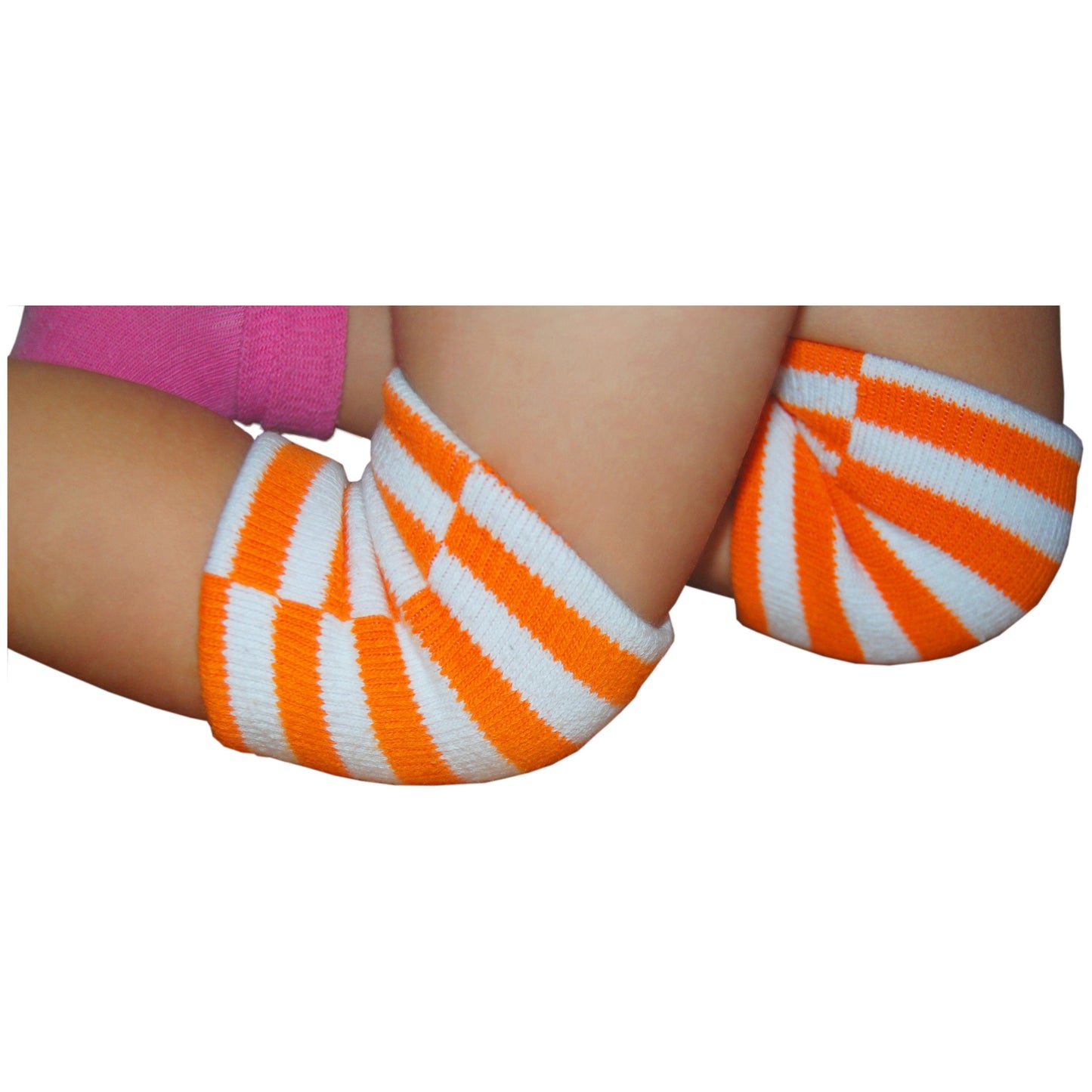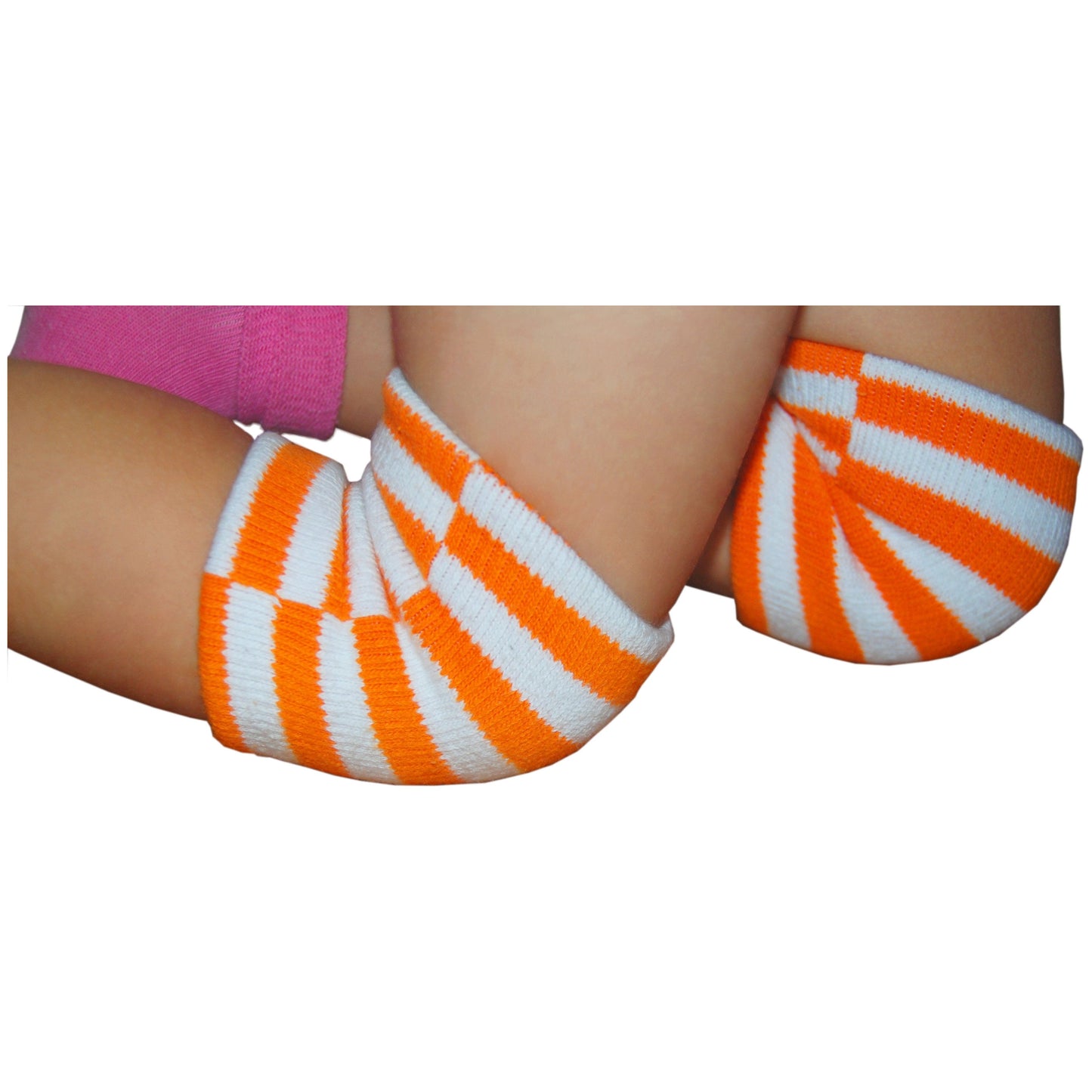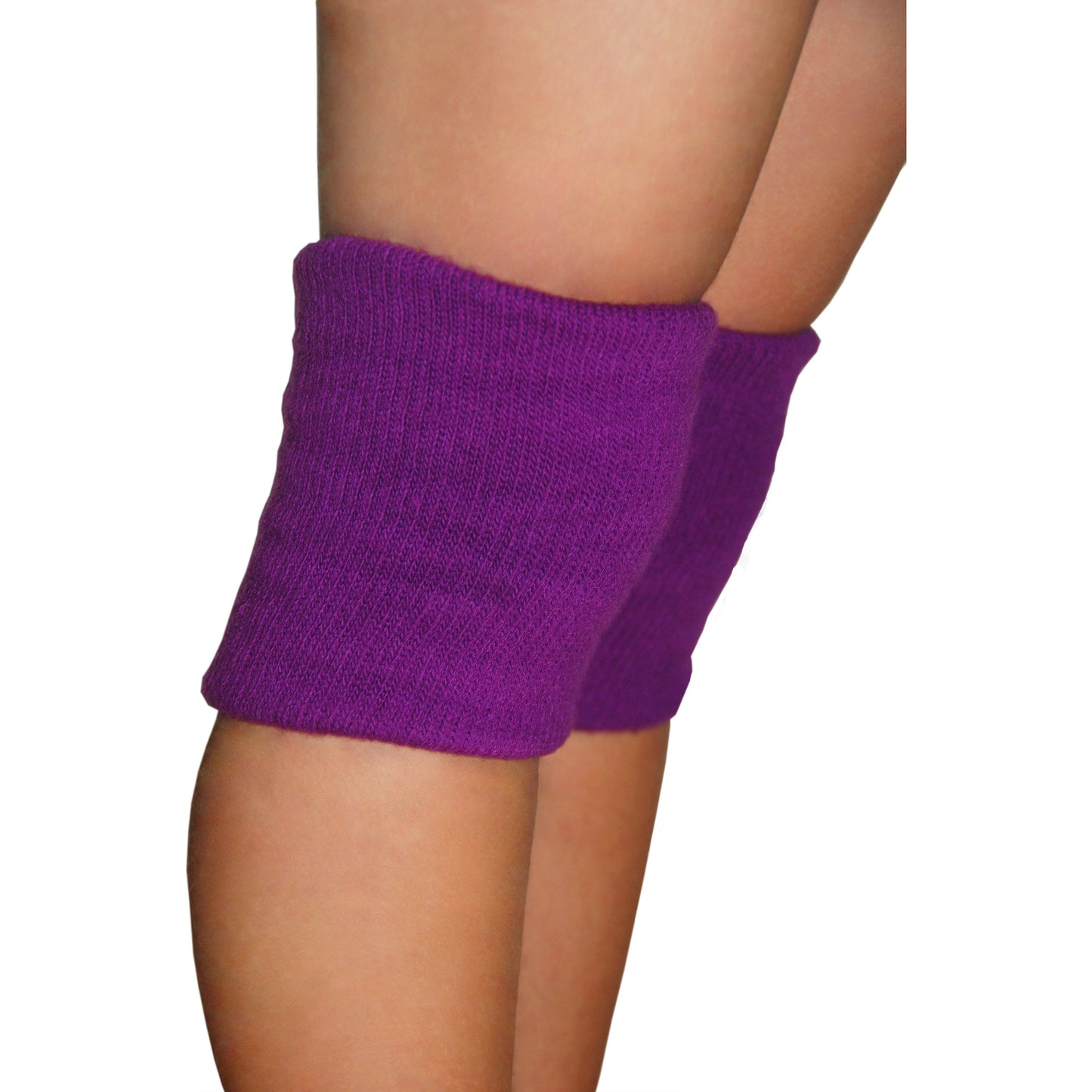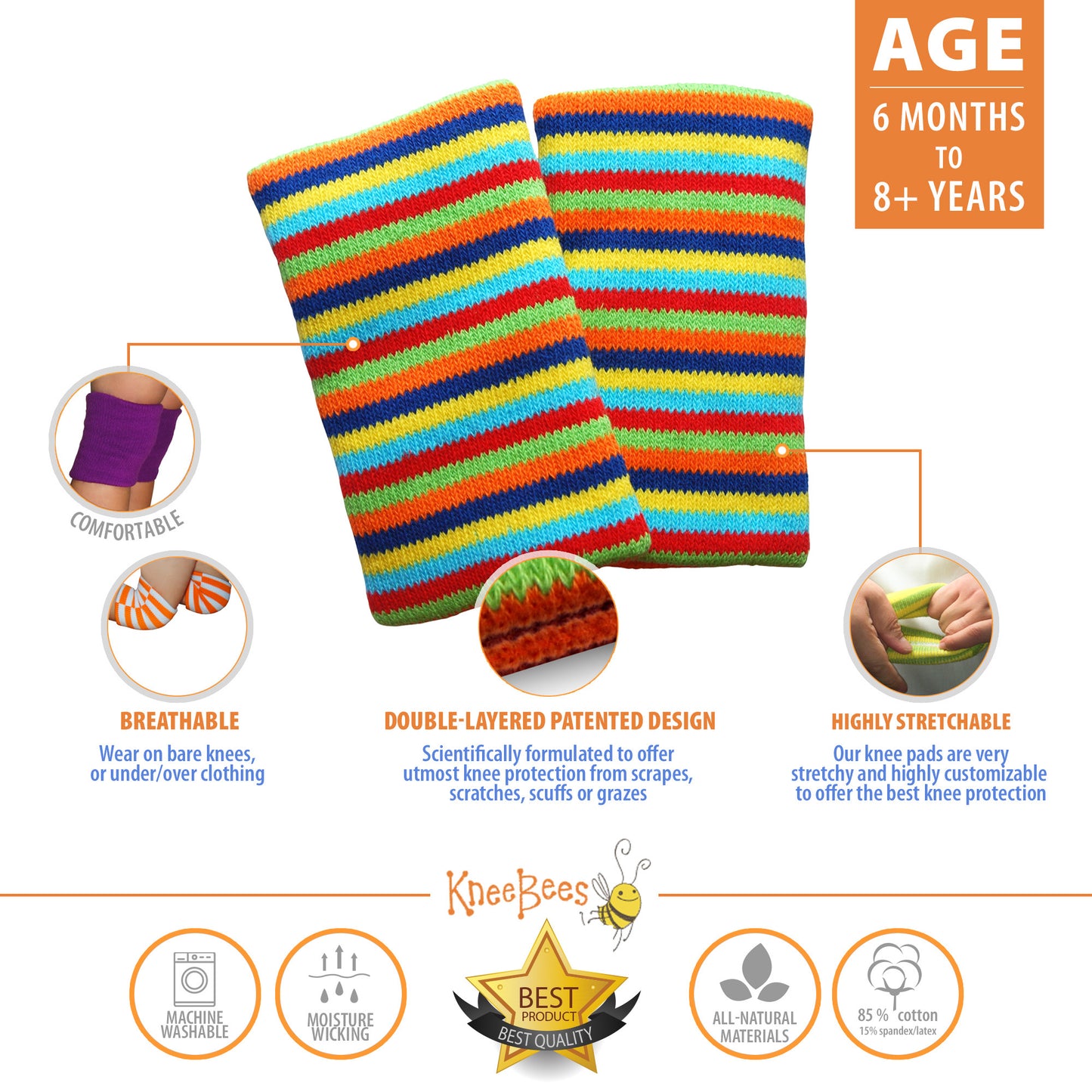 Source: BSIP/UIG via Getty Images[/caption]
"Half of Liquid Soaps Face Limits as U.S. Probes Anti-Germ Claims
New safety standards would affect as many as 2,000 soap products such as Henkel AG’s Dial, though many companies have already started phasing out triclosan, including Johnson & Johnson (JNJ:US) and Lysol-maker Reckitt Benckiser Group Plc. (RB/) The rules also won’t apply to hand sanitizers such as Purell, and the FDA stopped short of addressing mouthwash, cosmetics and cleaners.
“It’s prudent for the FDA to take a step back and actually do a more thorough evaluation,” said Tracey Woodruff, director of the reproductive health and the environment program at the University of California in San Francisco. It’s “potentially misleading to consumers who aren’t that knowledgeable about this in terms of whether it’s really doing what it’s supposed to.”
Chemicals like triclosan were never intended for mass consumer use. The product began to be used as a surgical scrub in the 1970s, before slowly becoming prevalent as an ingredient in everyday household products, from soap to toothpaste to germ-resistant sponges.
Defining Safe
The FDA is giving the public six months to comment on the proposal and an additional 60-day rebuttal period, with the standards taking effect one year after the rule is made final. The agency may have to prepare itself for a fight with the American Cleaning Institute, which cited two dozen studies that it said have shown the benefits of using antibacterial soap.
“We are perplexed that the agency would suggest there is no evidence that antibacterial soaps are beneficial as industry has long provided data and information about the safety and efficacy,” the Washington-based lobbying group for the $30 billion U.S. cleaning-products industry said in a statement.
Kline & Co., a market researcher, estimates that about $900 million in liquid soaps were sold in U.S. retail in 2012, with about half labeled antibacterial. The FDA has never said whether triclosan, the main active ingredient, meets its standard for being “generally recognized as safe and effective.”
Market Effect
“It probably wouldn’t be an underlying big impact on the businesses if they’re forced to replace this,” said Ali Dibadj, a consumer-products analyst at Sanford C. Bernstein & Co. in New York. “The real question is, does this open up fear of using these products, period?”
J&J has said none of its baby-care products contain triclosan, and the New Brunswick, New Jersey-based company plans to eliminate the ingredient from adult items by 2015. Cincinnati-based Procter & Gamble Co. (PG:US), the world’s largest consumer-products maker, has said it will remove the substance by next year. Reckitt said in October it plans to remove the ingredient from all U.S. products by the end of 2014.
Henkel, based in Dusseldorf, Germany, said in an e-mailed statement it “will work with the FDA to ensure we are able to continue providing consumers with the safe, effective and high-quality products they demand.”
2016 Deadline
The FDA first floated a plan in the 1970s to limit the use of triclosan and acted yesterday largely because of a lawsuit by the Natural Resources Defense Council. The New York-based environmental advocacy group prodded the FDA to act specifically on triclosan, though after review, the agency proposed evaluating a wider array of chemicals.
The court-ordered deadline for the final rule is 2016. If companies haven’t provided data to support germ-killing claims by then, they will either have to remove the antibacterial ingredients or eliminate the claims from the products’ labeling.
The proposal is positive for consumers if companies reformulate the soaps to remove the chemicals in question, Wu said. If they choose only to relabel the product as a regular soap, allowing them to keep triclosan in the hand washes, consumers won’t be protected, she said."
Source: BSIP/UIG via Getty Images[/caption]
"Half of Liquid Soaps Face Limits as U.S. Probes Anti-Germ Claims
New safety standards would affect as many as 2,000 soap products such as Henkel AG’s Dial, though many companies have already started phasing out triclosan, including Johnson & Johnson (JNJ:US) and Lysol-maker Reckitt Benckiser Group Plc. (RB/) The rules also won’t apply to hand sanitizers such as Purell, and the FDA stopped short of addressing mouthwash, cosmetics and cleaners.
“It’s prudent for the FDA to take a step back and actually do a more thorough evaluation,” said Tracey Woodruff, director of the reproductive health and the environment program at the University of California in San Francisco. It’s “potentially misleading to consumers who aren’t that knowledgeable about this in terms of whether it’s really doing what it’s supposed to.”
Chemicals like triclosan were never intended for mass consumer use. The product began to be used as a surgical scrub in the 1970s, before slowly becoming prevalent as an ingredient in everyday household products, from soap to toothpaste to germ-resistant sponges.
Defining Safe
The FDA is giving the public six months to comment on the proposal and an additional 60-day rebuttal period, with the standards taking effect one year after the rule is made final. The agency may have to prepare itself for a fight with the American Cleaning Institute, which cited two dozen studies that it said have shown the benefits of using antibacterial soap.
“We are perplexed that the agency would suggest there is no evidence that antibacterial soaps are beneficial as industry has long provided data and information about the safety and efficacy,” the Washington-based lobbying group for the $30 billion U.S. cleaning-products industry said in a statement.
Kline & Co., a market researcher, estimates that about $900 million in liquid soaps were sold in U.S. retail in 2012, with about half labeled antibacterial. The FDA has never said whether triclosan, the main active ingredient, meets its standard for being “generally recognized as safe and effective.”
Market Effect
“It probably wouldn’t be an underlying big impact on the businesses if they’re forced to replace this,” said Ali Dibadj, a consumer-products analyst at Sanford C. Bernstein & Co. in New York. “The real question is, does this open up fear of using these products, period?”
J&J has said none of its baby-care products contain triclosan, and the New Brunswick, New Jersey-based company plans to eliminate the ingredient from adult items by 2015. Cincinnati-based Procter & Gamble Co. (PG:US), the world’s largest consumer-products maker, has said it will remove the substance by next year. Reckitt said in October it plans to remove the ingredient from all U.S. products by the end of 2014.
Henkel, based in Dusseldorf, Germany, said in an e-mailed statement it “will work with the FDA to ensure we are able to continue providing consumers with the safe, effective and high-quality products they demand.”
2016 Deadline
The FDA first floated a plan in the 1970s to limit the use of triclosan and acted yesterday largely because of a lawsuit by the Natural Resources Defense Council. The New York-based environmental advocacy group prodded the FDA to act specifically on triclosan, though after review, the agency proposed evaluating a wider array of chemicals.
The court-ordered deadline for the final rule is 2016. If companies haven’t provided data to support germ-killing claims by then, they will either have to remove the antibacterial ingredients or eliminate the claims from the products’ labeling.
The proposal is positive for consumers if companies reformulate the soaps to remove the chemicals in question, Wu said. If they choose only to relabel the product as a regular soap, allowing them to keep triclosan in the hand washes, consumers won’t be protected, she said."
Are Antibacterial Soaps Protecting or Really Hurting Us?
Share
We have stopped using antibacterial soaps years ago, mainly because we have heard the information we are about to share. But it was not official then. Well, it may be official in the near future. We believe antibacterial soaps with certain ingredients (listed below) do more harm then good, and are not safe to use, especially for children. Found on http://www.businessweek.com , written by Anna Edney and Lauren Coleman-Lochner.
[caption id="attachment_1112" align="alignnone" width="300"] Source: BSIP/UIG via Getty Images[/caption]
"Half of Liquid Soaps Face Limits as U.S. Probes Anti-Germ Claims
New safety standards would affect as many as 2,000 soap products such as Henkel AG’s Dial, though many companies have already started phasing out triclosan, including Johnson & Johnson (JNJ:US) and Lysol-maker Reckitt Benckiser Group Plc. (RB/) The rules also won’t apply to hand sanitizers such as Purell, and the FDA stopped short of addressing mouthwash, cosmetics and cleaners.
“It’s prudent for the FDA to take a step back and actually do a more thorough evaluation,” said Tracey Woodruff, director of the reproductive health and the environment program at the University of California in San Francisco. It’s “potentially misleading to consumers who aren’t that knowledgeable about this in terms of whether it’s really doing what it’s supposed to.”
Chemicals like triclosan were never intended for mass consumer use. The product began to be used as a surgical scrub in the 1970s, before slowly becoming prevalent as an ingredient in everyday household products, from soap to toothpaste to germ-resistant sponges.
Defining Safe
The FDA is giving the public six months to comment on the proposal and an additional 60-day rebuttal period, with the standards taking effect one year after the rule is made final. The agency may have to prepare itself for a fight with the American Cleaning Institute, which cited two dozen studies that it said have shown the benefits of using antibacterial soap.
“We are perplexed that the agency would suggest there is no evidence that antibacterial soaps are beneficial as industry has long provided data and information about the safety and efficacy,” the Washington-based lobbying group for the $30 billion U.S. cleaning-products industry said in a statement.
Kline & Co., a market researcher, estimates that about $900 million in liquid soaps were sold in U.S. retail in 2012, with about half labeled antibacterial. The FDA has never said whether triclosan, the main active ingredient, meets its standard for being “generally recognized as safe and effective.”
Market Effect
“It probably wouldn’t be an underlying big impact on the businesses if they’re forced to replace this,” said Ali Dibadj, a consumer-products analyst at Sanford C. Bernstein & Co. in New York. “The real question is, does this open up fear of using these products, period?”
J&J has said none of its baby-care products contain triclosan, and the New Brunswick, New Jersey-based company plans to eliminate the ingredient from adult items by 2015. Cincinnati-based Procter & Gamble Co. (PG:US), the world’s largest consumer-products maker, has said it will remove the substance by next year. Reckitt said in October it plans to remove the ingredient from all U.S. products by the end of 2014.
Henkel, based in Dusseldorf, Germany, said in an e-mailed statement it “will work with the FDA to ensure we are able to continue providing consumers with the safe, effective and high-quality products they demand.”
2016 Deadline
The FDA first floated a plan in the 1970s to limit the use of triclosan and acted yesterday largely because of a lawsuit by the Natural Resources Defense Council. The New York-based environmental advocacy group prodded the FDA to act specifically on triclosan, though after review, the agency proposed evaluating a wider array of chemicals.
The court-ordered deadline for the final rule is 2016. If companies haven’t provided data to support germ-killing claims by then, they will either have to remove the antibacterial ingredients or eliminate the claims from the products’ labeling.
The proposal is positive for consumers if companies reformulate the soaps to remove the chemicals in question, Wu said. If they choose only to relabel the product as a regular soap, allowing them to keep triclosan in the hand washes, consumers won’t be protected, she said."
Source: BSIP/UIG via Getty Images[/caption]
"Half of Liquid Soaps Face Limits as U.S. Probes Anti-Germ Claims
New safety standards would affect as many as 2,000 soap products such as Henkel AG’s Dial, though many companies have already started phasing out triclosan, including Johnson & Johnson (JNJ:US) and Lysol-maker Reckitt Benckiser Group Plc. (RB/) The rules also won’t apply to hand sanitizers such as Purell, and the FDA stopped short of addressing mouthwash, cosmetics and cleaners.
“It’s prudent for the FDA to take a step back and actually do a more thorough evaluation,” said Tracey Woodruff, director of the reproductive health and the environment program at the University of California in San Francisco. It’s “potentially misleading to consumers who aren’t that knowledgeable about this in terms of whether it’s really doing what it’s supposed to.”
Chemicals like triclosan were never intended for mass consumer use. The product began to be used as a surgical scrub in the 1970s, before slowly becoming prevalent as an ingredient in everyday household products, from soap to toothpaste to germ-resistant sponges.
Defining Safe
The FDA is giving the public six months to comment on the proposal and an additional 60-day rebuttal period, with the standards taking effect one year after the rule is made final. The agency may have to prepare itself for a fight with the American Cleaning Institute, which cited two dozen studies that it said have shown the benefits of using antibacterial soap.
“We are perplexed that the agency would suggest there is no evidence that antibacterial soaps are beneficial as industry has long provided data and information about the safety and efficacy,” the Washington-based lobbying group for the $30 billion U.S. cleaning-products industry said in a statement.
Kline & Co., a market researcher, estimates that about $900 million in liquid soaps were sold in U.S. retail in 2012, with about half labeled antibacterial. The FDA has never said whether triclosan, the main active ingredient, meets its standard for being “generally recognized as safe and effective.”
Market Effect
“It probably wouldn’t be an underlying big impact on the businesses if they’re forced to replace this,” said Ali Dibadj, a consumer-products analyst at Sanford C. Bernstein & Co. in New York. “The real question is, does this open up fear of using these products, period?”
J&J has said none of its baby-care products contain triclosan, and the New Brunswick, New Jersey-based company plans to eliminate the ingredient from adult items by 2015. Cincinnati-based Procter & Gamble Co. (PG:US), the world’s largest consumer-products maker, has said it will remove the substance by next year. Reckitt said in October it plans to remove the ingredient from all U.S. products by the end of 2014.
Henkel, based in Dusseldorf, Germany, said in an e-mailed statement it “will work with the FDA to ensure we are able to continue providing consumers with the safe, effective and high-quality products they demand.”
2016 Deadline
The FDA first floated a plan in the 1970s to limit the use of triclosan and acted yesterday largely because of a lawsuit by the Natural Resources Defense Council. The New York-based environmental advocacy group prodded the FDA to act specifically on triclosan, though after review, the agency proposed evaluating a wider array of chemicals.
The court-ordered deadline for the final rule is 2016. If companies haven’t provided data to support germ-killing claims by then, they will either have to remove the antibacterial ingredients or eliminate the claims from the products’ labeling.
The proposal is positive for consumers if companies reformulate the soaps to remove the chemicals in question, Wu said. If they choose only to relabel the product as a regular soap, allowing them to keep triclosan in the hand washes, consumers won’t be protected, she said."
 Source: BSIP/UIG via Getty Images[/caption]
"Half of Liquid Soaps Face Limits as U.S. Probes Anti-Germ Claims
New safety standards would affect as many as 2,000 soap products such as Henkel AG’s Dial, though many companies have already started phasing out triclosan, including Johnson & Johnson (JNJ:US) and Lysol-maker Reckitt Benckiser Group Plc. (RB/) The rules also won’t apply to hand sanitizers such as Purell, and the FDA stopped short of addressing mouthwash, cosmetics and cleaners.
“It’s prudent for the FDA to take a step back and actually do a more thorough evaluation,” said Tracey Woodruff, director of the reproductive health and the environment program at the University of California in San Francisco. It’s “potentially misleading to consumers who aren’t that knowledgeable about this in terms of whether it’s really doing what it’s supposed to.”
Chemicals like triclosan were never intended for mass consumer use. The product began to be used as a surgical scrub in the 1970s, before slowly becoming prevalent as an ingredient in everyday household products, from soap to toothpaste to germ-resistant sponges.
Defining Safe
The FDA is giving the public six months to comment on the proposal and an additional 60-day rebuttal period, with the standards taking effect one year after the rule is made final. The agency may have to prepare itself for a fight with the American Cleaning Institute, which cited two dozen studies that it said have shown the benefits of using antibacterial soap.
“We are perplexed that the agency would suggest there is no evidence that antibacterial soaps are beneficial as industry has long provided data and information about the safety and efficacy,” the Washington-based lobbying group for the $30 billion U.S. cleaning-products industry said in a statement.
Kline & Co., a market researcher, estimates that about $900 million in liquid soaps were sold in U.S. retail in 2012, with about half labeled antibacterial. The FDA has never said whether triclosan, the main active ingredient, meets its standard for being “generally recognized as safe and effective.”
Market Effect
“It probably wouldn’t be an underlying big impact on the businesses if they’re forced to replace this,” said Ali Dibadj, a consumer-products analyst at Sanford C. Bernstein & Co. in New York. “The real question is, does this open up fear of using these products, period?”
J&J has said none of its baby-care products contain triclosan, and the New Brunswick, New Jersey-based company plans to eliminate the ingredient from adult items by 2015. Cincinnati-based Procter & Gamble Co. (PG:US), the world’s largest consumer-products maker, has said it will remove the substance by next year. Reckitt said in October it plans to remove the ingredient from all U.S. products by the end of 2014.
Henkel, based in Dusseldorf, Germany, said in an e-mailed statement it “will work with the FDA to ensure we are able to continue providing consumers with the safe, effective and high-quality products they demand.”
2016 Deadline
The FDA first floated a plan in the 1970s to limit the use of triclosan and acted yesterday largely because of a lawsuit by the Natural Resources Defense Council. The New York-based environmental advocacy group prodded the FDA to act specifically on triclosan, though after review, the agency proposed evaluating a wider array of chemicals.
The court-ordered deadline for the final rule is 2016. If companies haven’t provided data to support germ-killing claims by then, they will either have to remove the antibacterial ingredients or eliminate the claims from the products’ labeling.
The proposal is positive for consumers if companies reformulate the soaps to remove the chemicals in question, Wu said. If they choose only to relabel the product as a regular soap, allowing them to keep triclosan in the hand washes, consumers won’t be protected, she said."
Source: BSIP/UIG via Getty Images[/caption]
"Half of Liquid Soaps Face Limits as U.S. Probes Anti-Germ Claims
New safety standards would affect as many as 2,000 soap products such as Henkel AG’s Dial, though many companies have already started phasing out triclosan, including Johnson & Johnson (JNJ:US) and Lysol-maker Reckitt Benckiser Group Plc. (RB/) The rules also won’t apply to hand sanitizers such as Purell, and the FDA stopped short of addressing mouthwash, cosmetics and cleaners.
“It’s prudent for the FDA to take a step back and actually do a more thorough evaluation,” said Tracey Woodruff, director of the reproductive health and the environment program at the University of California in San Francisco. It’s “potentially misleading to consumers who aren’t that knowledgeable about this in terms of whether it’s really doing what it’s supposed to.”
Chemicals like triclosan were never intended for mass consumer use. The product began to be used as a surgical scrub in the 1970s, before slowly becoming prevalent as an ingredient in everyday household products, from soap to toothpaste to germ-resistant sponges.
Defining Safe
The FDA is giving the public six months to comment on the proposal and an additional 60-day rebuttal period, with the standards taking effect one year after the rule is made final. The agency may have to prepare itself for a fight with the American Cleaning Institute, which cited two dozen studies that it said have shown the benefits of using antibacterial soap.
“We are perplexed that the agency would suggest there is no evidence that antibacterial soaps are beneficial as industry has long provided data and information about the safety and efficacy,” the Washington-based lobbying group for the $30 billion U.S. cleaning-products industry said in a statement.
Kline & Co., a market researcher, estimates that about $900 million in liquid soaps were sold in U.S. retail in 2012, with about half labeled antibacterial. The FDA has never said whether triclosan, the main active ingredient, meets its standard for being “generally recognized as safe and effective.”
Market Effect
“It probably wouldn’t be an underlying big impact on the businesses if they’re forced to replace this,” said Ali Dibadj, a consumer-products analyst at Sanford C. Bernstein & Co. in New York. “The real question is, does this open up fear of using these products, period?”
J&J has said none of its baby-care products contain triclosan, and the New Brunswick, New Jersey-based company plans to eliminate the ingredient from adult items by 2015. Cincinnati-based Procter & Gamble Co. (PG:US), the world’s largest consumer-products maker, has said it will remove the substance by next year. Reckitt said in October it plans to remove the ingredient from all U.S. products by the end of 2014.
Henkel, based in Dusseldorf, Germany, said in an e-mailed statement it “will work with the FDA to ensure we are able to continue providing consumers with the safe, effective and high-quality products they demand.”
2016 Deadline
The FDA first floated a plan in the 1970s to limit the use of triclosan and acted yesterday largely because of a lawsuit by the Natural Resources Defense Council. The New York-based environmental advocacy group prodded the FDA to act specifically on triclosan, though after review, the agency proposed evaluating a wider array of chemicals.
The court-ordered deadline for the final rule is 2016. If companies haven’t provided data to support germ-killing claims by then, they will either have to remove the antibacterial ingredients or eliminate the claims from the products’ labeling.
The proposal is positive for consumers if companies reformulate the soaps to remove the chemicals in question, Wu said. If they choose only to relabel the product as a regular soap, allowing them to keep triclosan in the hand washes, consumers won’t be protected, she said."
